$EWZ $BRL $BTC
#Brazil #Inflation #CentralBank #GabrielGalipolo #MonetaryPolicy #InterestRates #BRL #FiscalPolicy #EconomicGrowth #PriceStability #EmergingMarkets #LatinAmerica
Brazil’s inflation challenges intensified through the end of 2024, with the annual inflation rate climbing to 4.83%. This figure breached the central bank’s 4.5% tolerance ceiling, signaling persistent price pressures across multiple sectors of the economy. While headline inflation showed a modest monthly increase of 0.52% for December, the granular data points to more troubling trends. Food, transportation, and services experienced sustained upward price momentum, even as housing expenses provided minor relief. The robust pace of economic growth, combined with fiscal policy uncertainties and local currency weakness, is compounding the nation’s inflationary issues. These forces have placed the new central bank chief, Gabriel Galipolo, in the challenging position of addressing an immediate and complex set of economic hurdles.
Galipolo’s first test will be navigating the delicate balance between controlling high inflation and fostering economic growth. A rising inflation rate often triggers aggressive monetary tightening, and the central bank has already signaled plans to raise benchmark interest rates to 14.25% by March. Such an aggressive stance, however, carries inherent risks. While higher rates may help curb inflation, they could also put strain on domestic investment and consumer spending. Investors remain skeptical about the government’s ability to enact meaningful fiscal consolidation—critical for reducing structural deficits and complementing monetary policy objectives. Additionally, the Brazilian real ($BRL) has experienced bouts of depreciation, further intensifying import costs and complicating price stability efforts.
Financial markets are keenly watching Brazil’s evolving economic landscape, with equities and fixed income instruments likely to face volatility. The iShares MSCI Brazil ETF ($EWZ) could see varied performance depending on the trajectory of monetary policy and inflationary developments. Currency markets are also affected by the interplay of interest rate hikes and fiscal policy challenges, with the real’s weakness undermining market confidence. In the crypto space, $BTC and other digital assets might garner attention in a high-inflation environment, as they are viewed by some as a hedge against currency devaluation. However, such investments remain speculative in nature and deeply influenced by broader market sentiment.
Ultimately, Brazil’s path forward will require coordinated policy responses from both monetary and fiscal authorities. Galipolo must work closely with the government to ensure fiscal policies support the central bank’s inflation-fighting efforts rather than undermine them. Strengthening the credibility of fiscal reforms is critical to easing investor concerns and stabilizing the economy. With global financial conditions tightening, emerging markets like Brazil face heightened vulnerabilities. Nevertheless, decisive action on inflation could reinforce market confidence in Brazil’s long-term economic potential, especially if Galipolo establishes his independence and commits to proactive, transparent policymaking during these challenging times.

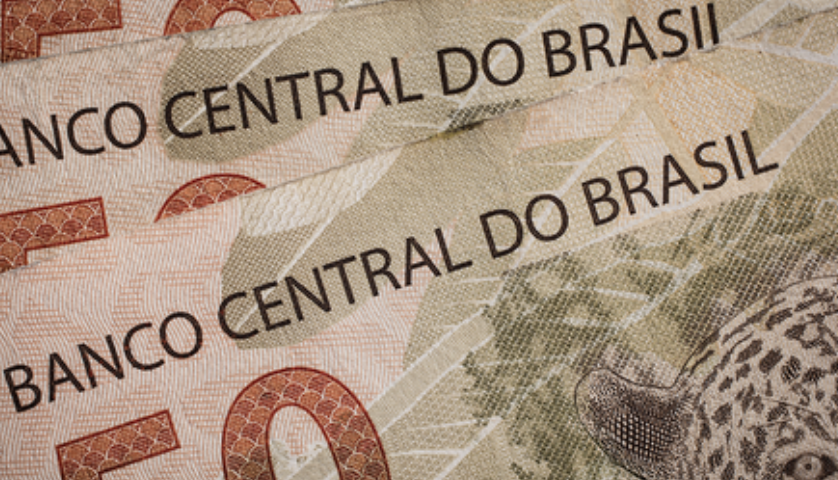
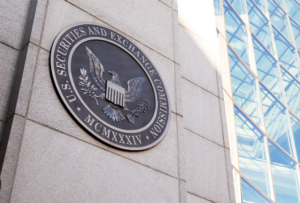

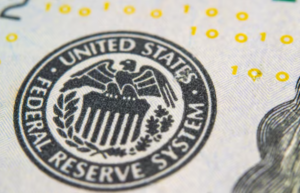
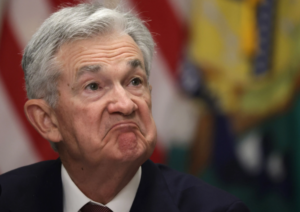
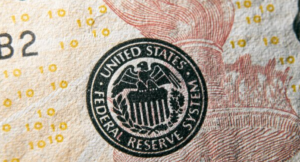
Comments are closed.